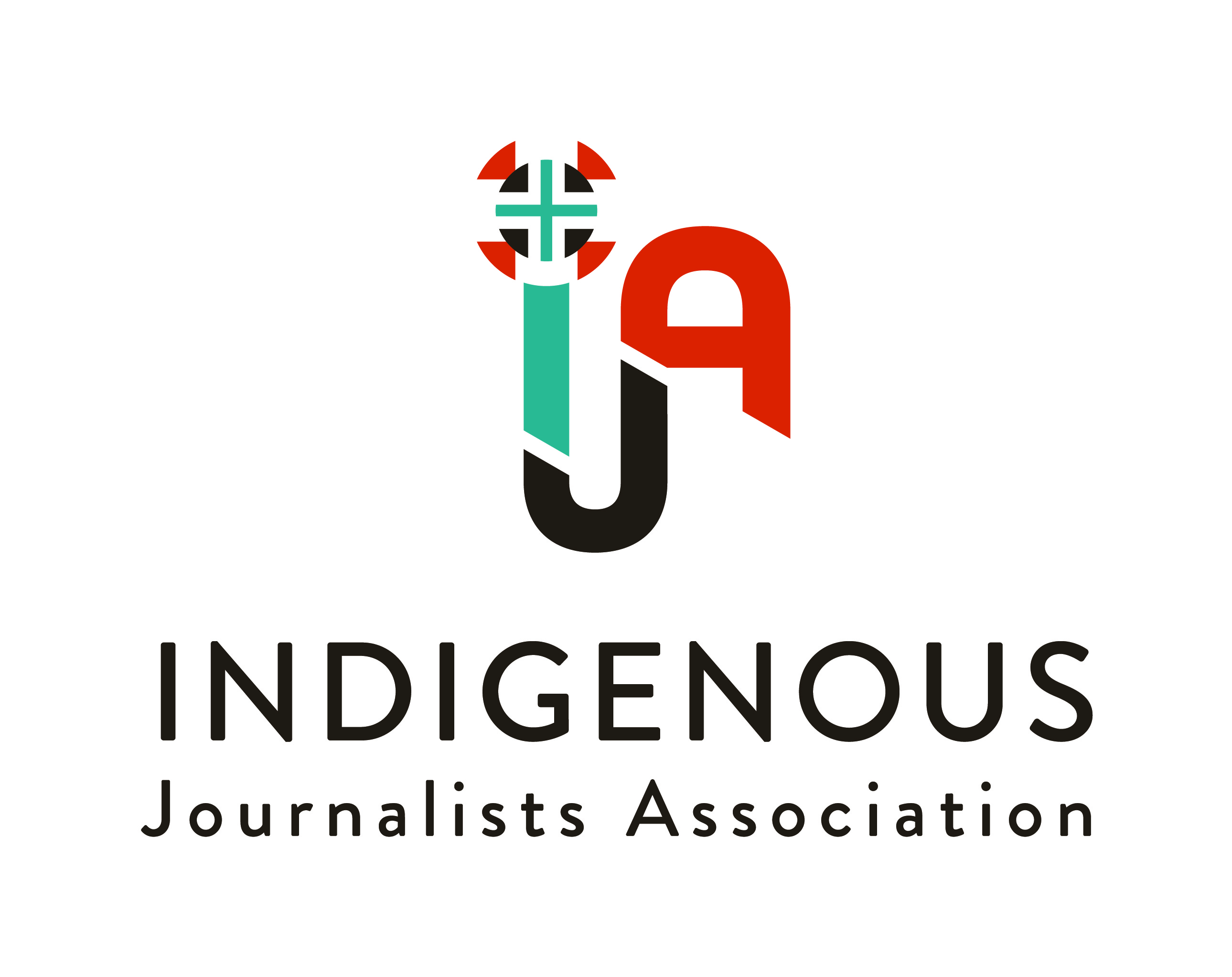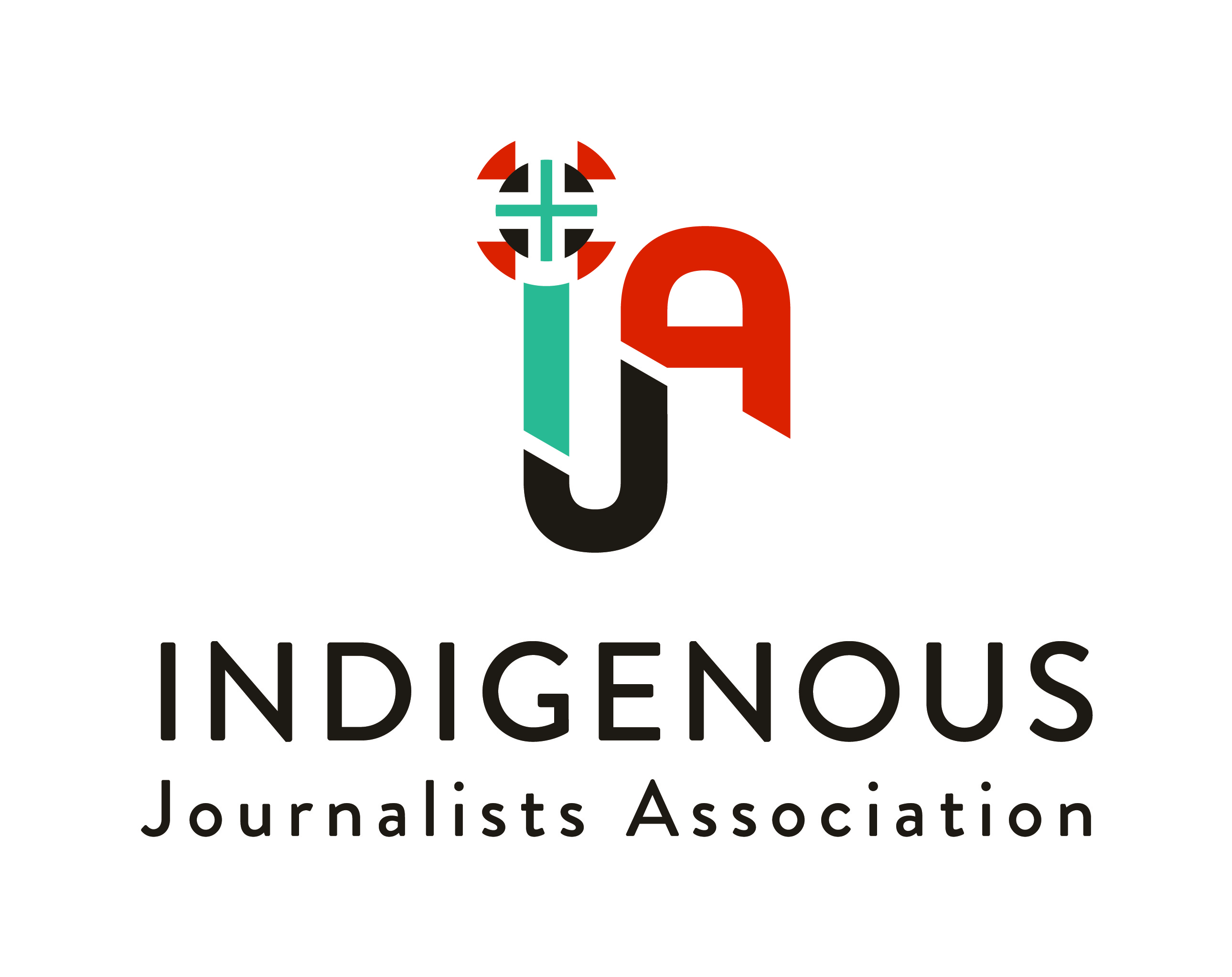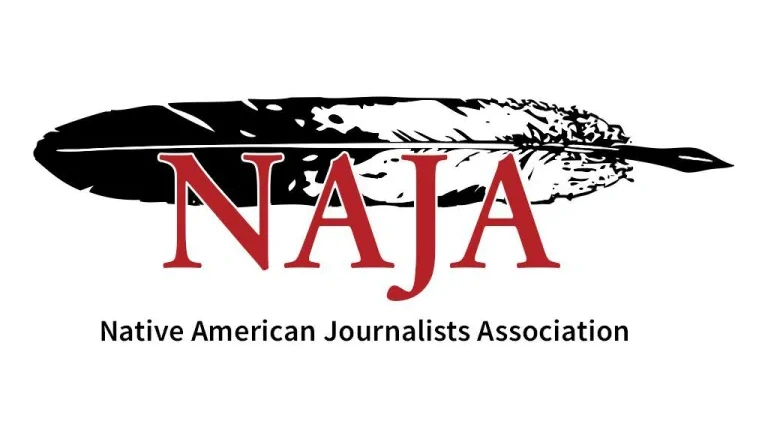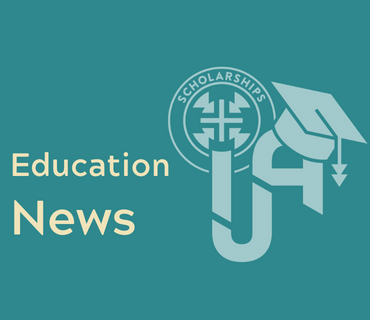 Special edition available for free to improve industry coverage of Indigenous communities
Special edition available for free to improve industry coverage of Indigenous communities
Members of the Indigenous Journalists Association (IJA) contributed to the recently published Investigative Reporters & Editors (IRE) Journal. A special free edition of the magazine titled The Indigenous Issue, features articles written by current IJA President Christine Trudeau, Vice President Jourdan Bennett-Begaye, and board members, alongside members and past presidents.
This edition explores Indigenous investigative news with IJA members writing about environmental reporting through an Indigenous lens by Brian Bull, relying on oral history to correct the public record by Karyn S. Pugliese, how to report for an Indigenous affairs desk by B. “Toastie” Oaster, the birth of the IJA Bingo Card and intent behind it’s conception by President Trudeau, reporting on repatriation by past President Mary Hudetz and “Indigeneity’s data dilemma” by past President, Mark Trahant.
The Indigenous Issue of The IRE Journal also features an article from the U.S. Census Bureau, a list of reporting resources, including IJA’s reporting guides, and a story that won the 2022 NAJA Richard LaCourse Award for Investigative Journalism under IJA’s Indigenous Investigative Collective.
IJA board member Jodi Rave Spotted Bear writes about Indigenous free press and how there are only five of 574 federally recognized tribes in the U.S. where tribal government leaders have enacted laws to protect press freedom. Spotted Bear refers to the film Bad Press, co-directed by IJA executive director Rebecca Landsberry-Baker, that documents a five-year press freedom battle within the Muscogee Nation in Oklahoma.
The final page of the magazine is an article dedicated to the recent IJA name change from Native American Journalists Association (NAJA) to Indigenous Journalists Association. IJA Vice President Bennett-Begaye explains why naming matters and ties NAJA’s history to IJA’s future as she weaves together the many reasons why a name change was necessary and aligns with Article 16 of the United Nations Declaration on the Rights of Indigenous Peoples, stating, “Indigenous peoples have the right to establish their own media in their own languages and to have access to all forms of non-Indigenous media without discrimination.”
This special free edition on Indigenous news featuring IJA members can be found online at: https://www.ire.org/product/ire-journal-q3-2023/
Contributing writers in this Indigenous news edition: Diana R. Fuentes (IRE), Brian Bull (KLCC), Rachel Adams-Heard (Bloomberg), Karyn S. Pugliese (Canadaland), B. “Toastie” Oaster (High Country News), Christine Trudeau (Indigenous Journalists Association), Shannon Shaw Duty (Osage News), Mary Hudetz (ProPublica), Maria Parazo Rose (Grist), Mark Trahant (ICT), John Perry (formerly of The Atlanta Journal Constitution), Dee Alexander (U.S. Census Bureau), Sunnie R. Clahchischiligi (High Country News), Jourdan Bennett-Begaye (ICT), Indigenous Investigative Collective and Jodi Rave Spotted Bear (Indigenous Media Freedom Alliance). The cover features ledger art by John Isaiah Pepion, “This Is What It Feels Like To Be An American Indian.”
IRE Editorial Director Doug Meigs edited the issue.
Each print issue of The Journal features centerpiece stories and recurring departments that explore major news trends, techniques behind investigations, outstanding investigative work and core topics relevant to journalists. Print subscriptions to The Journal are included with IRE membership, and members may download archived past issues of the Journal for free when logged into the IRE website.
Print copies and nonmember subscriptions may be purchased by contacting Amy Eaton, IRE director of member services, at amy@ire.org to learn more.
About the Indigenous Journalists Association
The Indigenous Journalists Association’s mission is centered on the idea that accurate and contextual reporting about Indigenous people and communities is necessary to overcome biases and stereotypes portrayed in popular and mainstream media. Expanding access to accurate news and information is essential to an informed citizenry and healthy democracy, across tribal, local, state and national levels.
For more than 40 years, Indigenous journalists across the United States and Canada have worked to support and sustain IJA. Originally formed as the Native American Press Association in 1983, the organization has grown from just a handful of reporters to a membership of nearly 900, which includes Indigenous journalists, associates, educators and partners.




